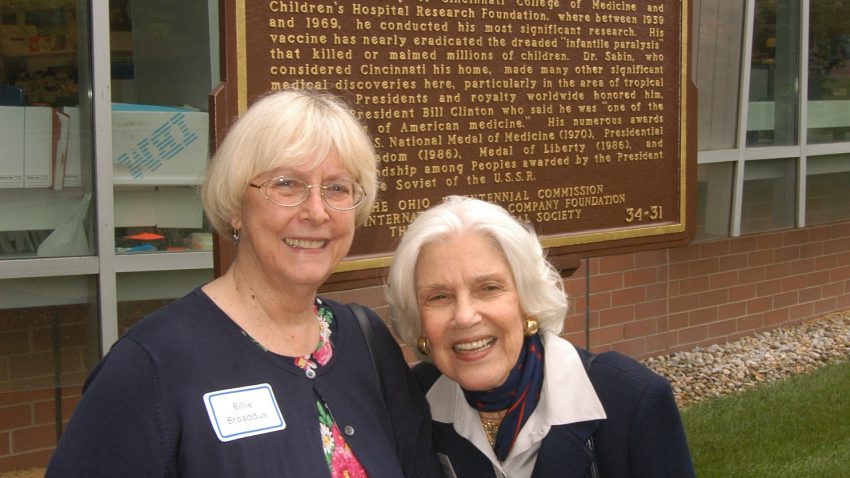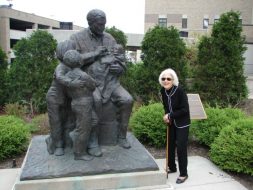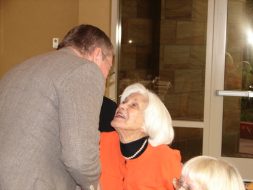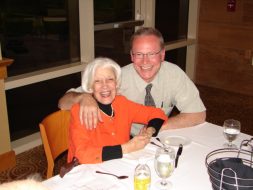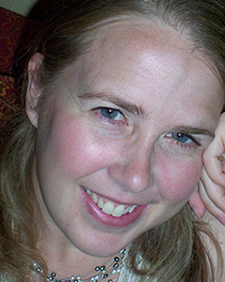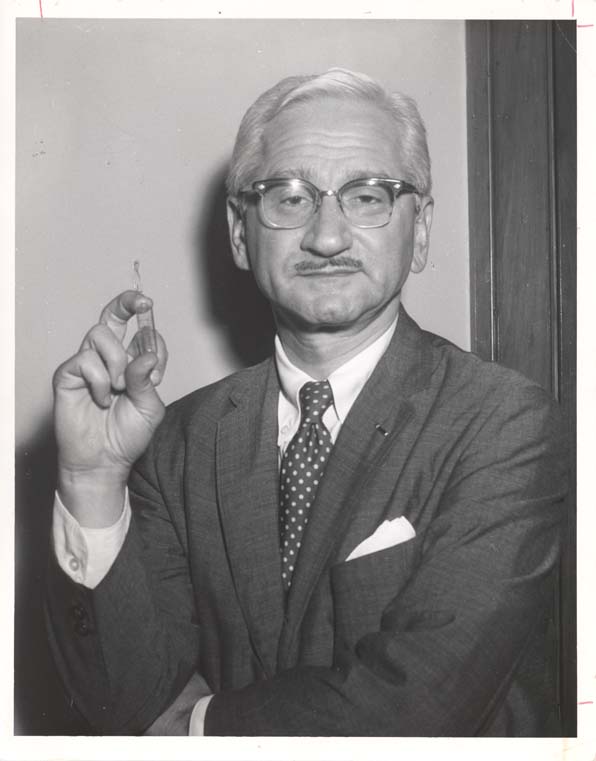While the primary focus of the Henry R. Winkler Center for the History of the Health Professions collection is chronicling the history of health sciences in the Cincinnati area, the physicians, researchers and scientists in the archive made an impact world-wide. One such individual was Albert Sabin, researcher and scientist best known for his discovery of the live polio vaccine. Correspondence from his collection housed in the Winkler Center was recently used in a new publication, Italo Archetti (Peschiera Maraglio (BS), 1913 – Rome, 1998) In Vol. 2, No. 2 Scientia, December 2024 ISSN: 2974-9433 by Giacomo Simoncelli. Issue – Editrice Bibliografica Journals.
The book’s author, Giacomo Simoncelli, is a PhD candidate in history, philosophy, religions at the Sapienza Universita Di Roma in Italy and is a Visiting Fellow at Oxford Brookes University–Oxford, United Kingdom. In the publication, he chronicles the significant role of scientist Italo Archetti in his research on influenza, polio and his contribution to the establishment of the Italian National Institute of Health (Istituto Superiore di Sanità). Archetti was a friend, colleague and correspondent with Dr. Albert Sabin and his wife Heloisa Sabin.

Simoncelli utilized correspondence between the Sabins and Archetti held by the Winkler Center and publicly available on the University of Cincinnati’s Digital Resource Commons https://drc.libraries.uc.edu/items/85a7fad8-7f7d-4fee-81d6-ced447989173. The letter demonstrates their professional respect and close friendship.

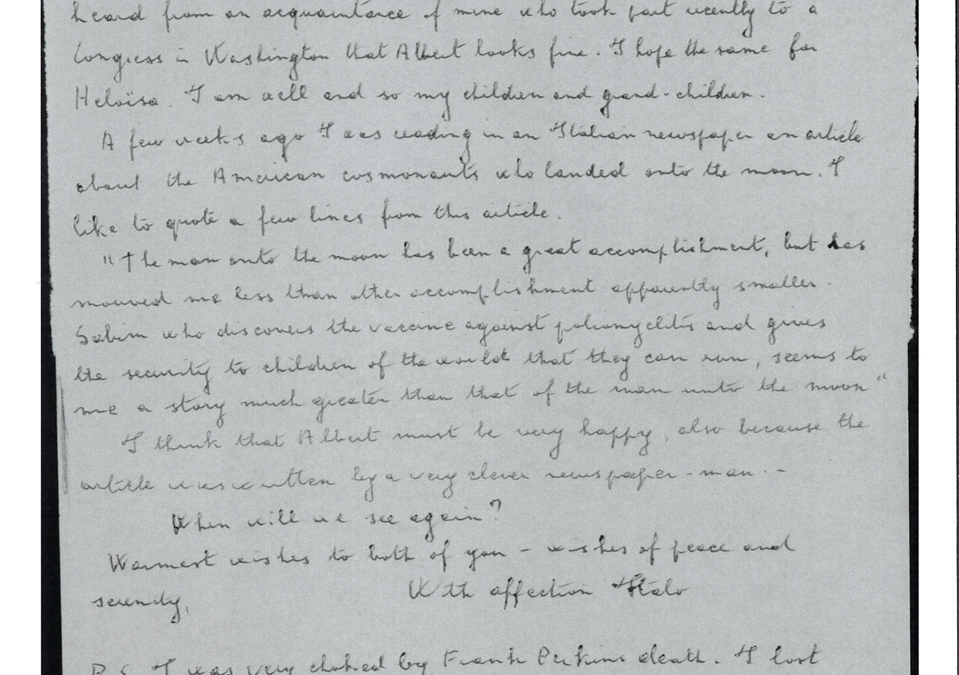

Donated by his wife Heloisa in 1993, the Sabin archives occupy nearly 400 linear feet and consist of correspondence, laboratory notebooks, manuscripts and other research papers generated by Sabin during his long and active medical career. This extensive collection also contains his honors, awards, medals and other memorabilia, as well as research materials such as microscope and lantern slides. In addition, there are hundreds of photographs, and many video recordings and audiotapes. The collection spans the years 1930 to 1993, with the bulk of material being from Sabin’s tenure in Cincinnati from 1939 to 1969. Other online Sabin resources include the digital collection and finding aid addendum.

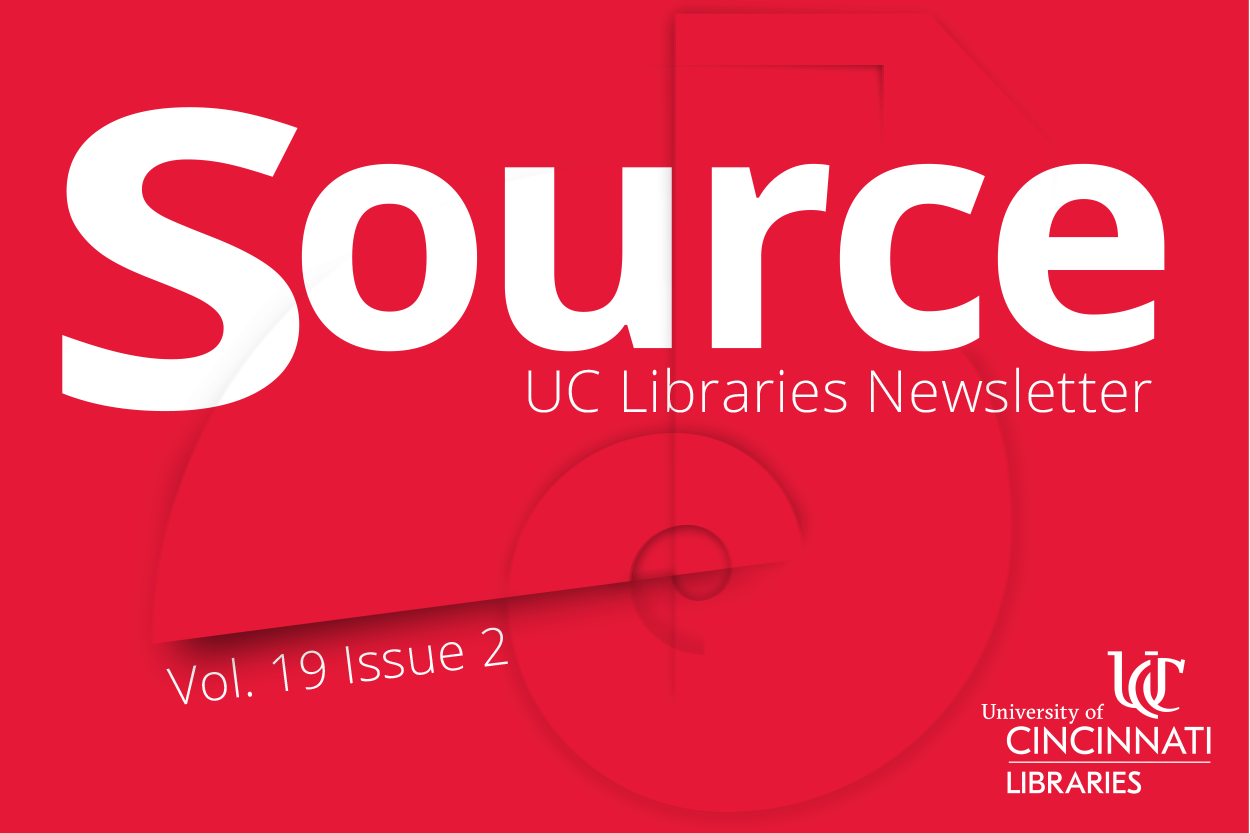
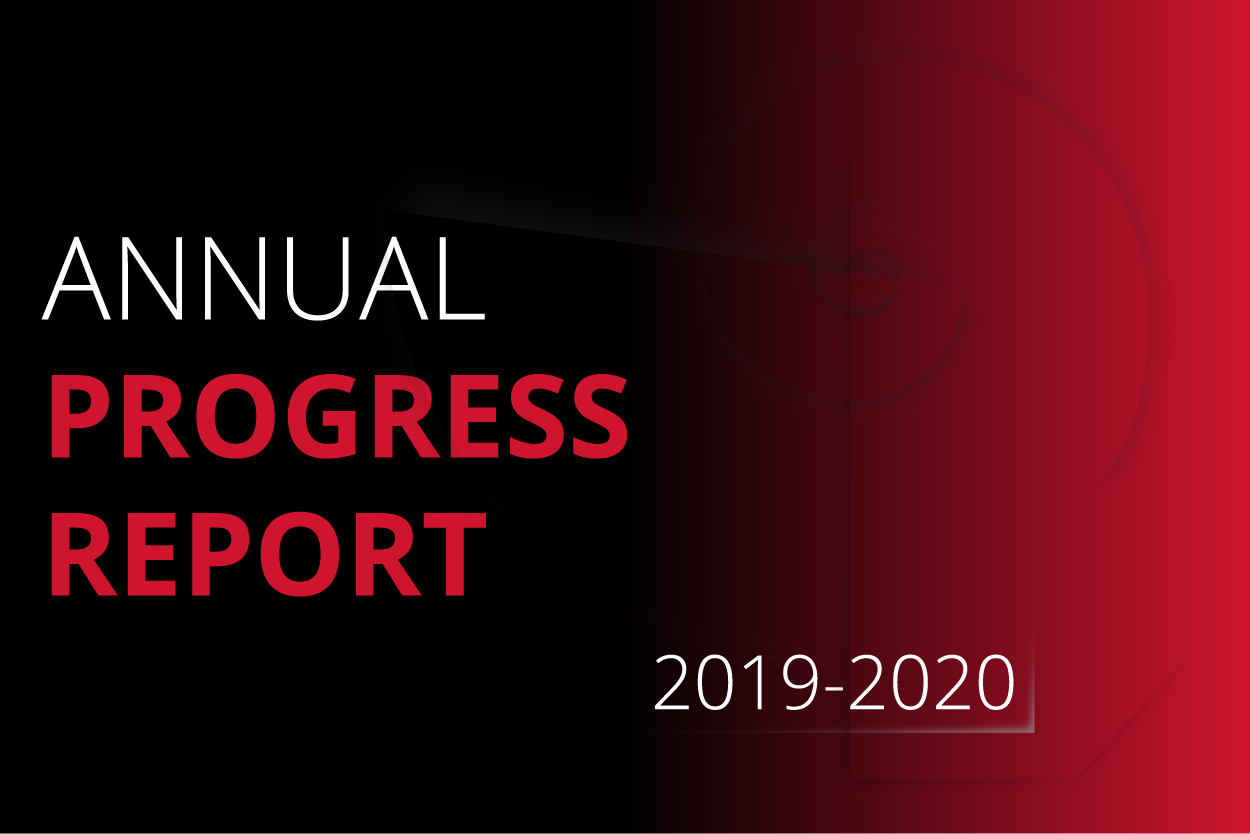
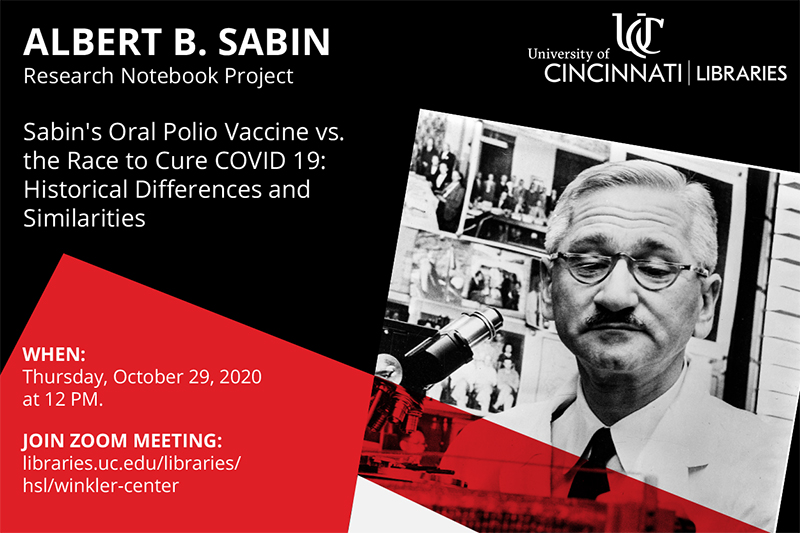
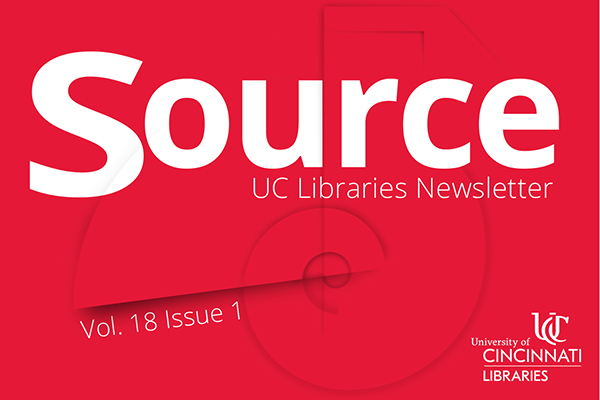 Read Source, the online newsletter, to learn more about the news, events, people and happenings in UC Libraries.
Read Source, the online newsletter, to learn more about the news, events, people and happenings in UC Libraries.